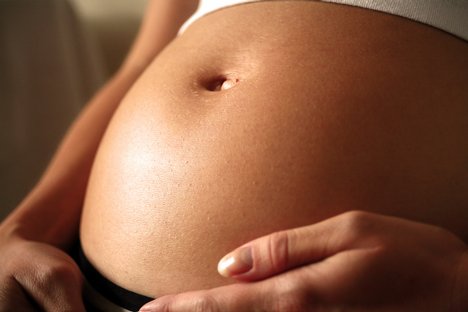Media release
From: American College of PhysiciansNo link found between maternal flu vaccination during pregnancy and autism
Another study shows that vaccines during pregnancy are safe
A large cohort study found no association between maternal H1N1 vaccination during pregnancy and risk for autism spectrum disorder (ASD) in children. Furthermore, no association was found for vaccine exposure in the first trimester and ASD or the secondary outcome, autistic disorder (AD). The findings are published in Annals of Internal Medicine.
Although some studies indicate that influenza vaccination during pregnancy protects against morbidity in both the woman and her offspring, the long-term risks of H1N1 vaccination exposure during fetal life have not been examined in detail. A recent U.S. study found a small increased risk for ASD in offspring of women who received influenza vaccination during the first trimester. The proportion of H1N1 vaccine and associated risks were not reported.
Researchers from Karolinska Institute, Stockholm, Sweden, studied live birth records between October 2009 and September 2010 with follow-up through December 2016 to examine the risk for ASD in mothers who were vaccinated against influenza A (H1N1) during pregnancy. In total, 39,726 infants were prenatally exposed to the vaccine (13,845 during the first trimester), and 29,293 were unexposed. After a mean follow-up of 6.7 years, the researchers found that ASD and AD cases were virtually the same between vaccine-exposed and unexposed children. Restricting the analysis to vaccination in the first trimester of pregnancy did not influence risk estimates for ASD or AD. According to the researchers, these findings suggest that vaccination strategies focusing on pregnant women are safe.


